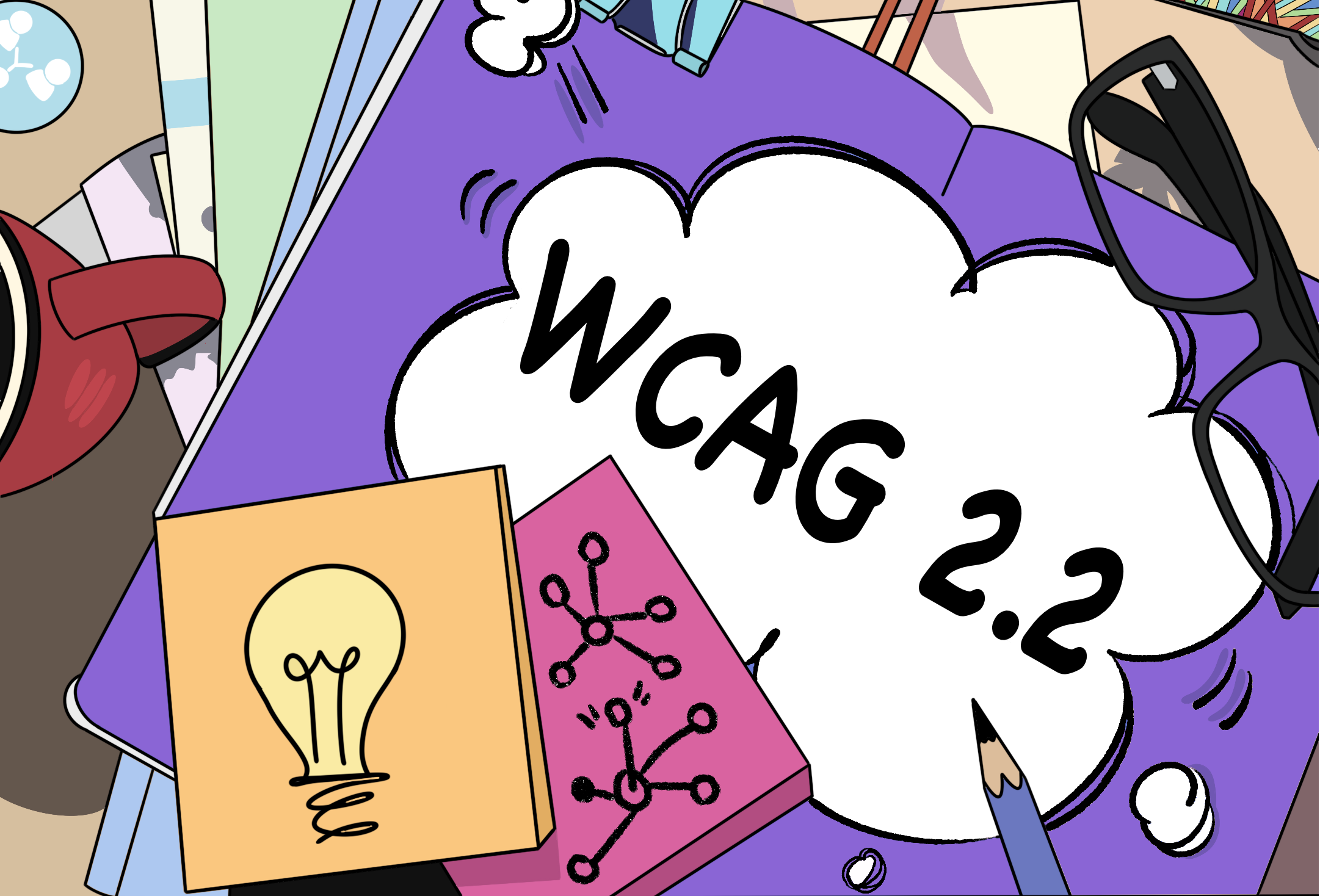Although courts have set new precedents that clearly tie the non-discriminatory demands of the ADA with the World Wide Web, a cloud of ambiguity persists over this issue nonetheless.
ADA Title III, which applies to the private sector, calls on Congress to comprehensively address the gap and establish precise specifications for digital accessibility standards. The Department of Justice (DoJ), while making statements that the ADA does, in fact, apply to websites, also “did not issue proposed regulations... and thus is unable to issue specific regulatory language on Web site accessibility at this time.” For more information,
see here.
Enforceable accessibility standard
This is now about to change. Senator Tammy Duckworth (D-Ill.) and Representative John P. Sarbanes (D-Md.) have recently introduced the Websites and Software Applications Accessibility Act (S. 4998) and (H.R. 9021) in both the Senate and the House of Representatives.
In an official statement issued by Senator Duckworth, who herself lives with a disability having lost both her legs in the Iraqi War, it was
announced that “The ‘Websites and Software Applications Accessibility Act’ would clarify that it is unlawful for the entities currently covered by the ADA to maintain inaccessible websites and applications that exclude or otherwise discriminate against people with disabilities.”
Furthermore: “It would establish a clear, enforceable accessibility standard, and establish a technical assistance center and advisory committee to provide advice and guidance on accessible websites and applications. It would also authorize a study on addressing emerging technologies.”
Supporting organizations American Council of the Blind and National Disability Rights Network, among others, have extolled the motion and Sen. Duckworth and Rep. Sarbanes “for their leadership and for introducing this legislation with the full support and collaboration of the disability community.”
Congressman Sarbanes commented on the lack of clear regulatory standards, saying: “To address this civil rights issue and remedy this longstanding inequity, we need uniform, consistent standards that lay out what true digital accessibility is and provide adequate mechanisms to enforce it. The Websites and Software Applications Accessibility Act will require federal agencies to provide clear regulations for reducing barriers to web accessibility and help businesses and state and local governments work toward compliance.”
What’s next?
Bottom line, we do not know yet when this bill will come into effect, but if ambiguity shrouded the web accessibility field for some time, it seems like those days are numbered.
Clients of EqualWeb can rest assured that this will not affect their accessibility compliance, as we ensure the highest levels of accessibility according to international
WCAG standards and guidelines and update our technology along with evolving regulatory requirements.
But in case your organization is yet to become accessible, do inquire into the
information we present on the subject and check our
Pricing & Plans page so you can find the best possible solution for your needs.




